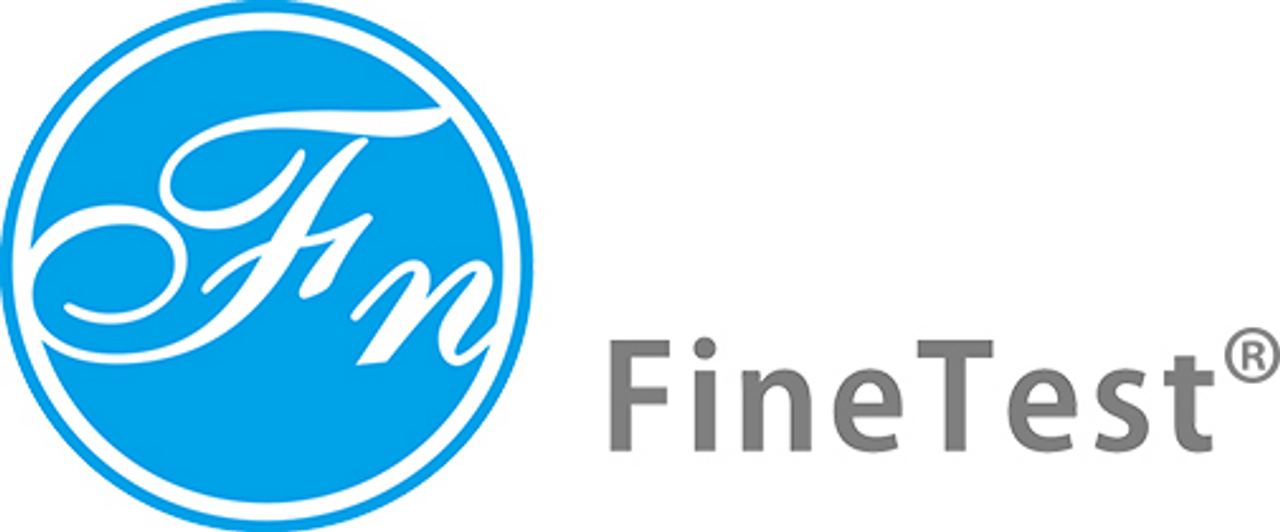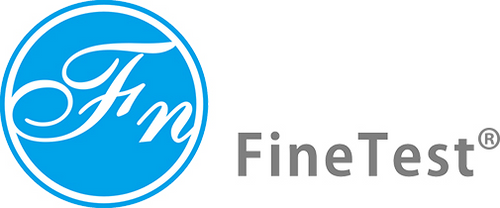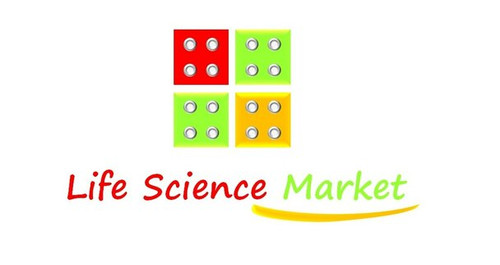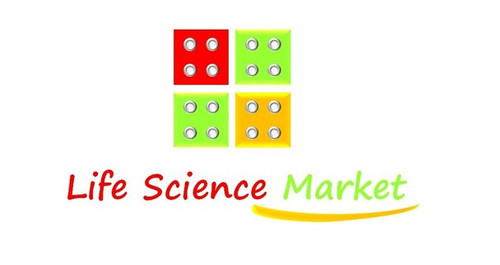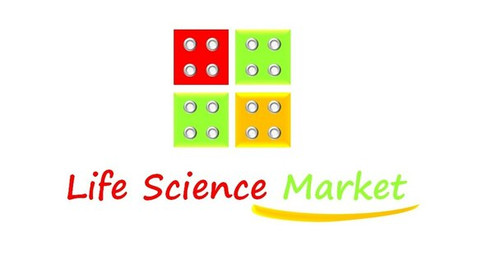Product Description
anti- STAT3 antibody is available at Gentaur for Next week Delivery.
Purification: Protein A+G purification
Background: Signal transducer and transcription activator that mediates cellular responses to interleukins, KITLG/SCF, LEP and other growth factors. Once activated, recruits coactivators, such as NCOA1 or MED1, to the promoter region of the target gene(PubMed:17344214). May mediate cellular responses to activated FGFR1, FGFR2, FGFR3 and FGFR4. Binds to the interleukin-6(IL-6)-responsive elements identified in the promoters of various acute-phase protein genes. Activated by IL31 through IL31RA. Involved in cell cycle regulation by inducing the expression of key genes for the progression from G1 to S phase, such as CCND1(PubMed:17344214). Mediates the effects of LEP on melanocortin production, body energy homeostasis and lactation(By similarity). May play an apoptotic role by transctivating BIRC5 expression under LEP activation(PubMed:18242580). Cytoplasmic STAT3 represses macroautophagy by inhibiting EIF2AK2/PKR activity. This antibody is a mouse monoclonal antibody raised against residues near the N terminus of human STAT3..
Immunogen: signal transducer and activator of transcription 3(acute-phase response factor)
Synonyms: Acute phase response factor, APRF, FLJ20882, HIES, STAT3
Reactivity: Human, Mouse, Rat
Tested Application: ELISA, WB, IHC, IF, IP
Recommended dilution: WB: 1:2000-1:20000; IP: 1:1000-1:10000; IHC: 1:50-1:500; IF: 1:50-1:500
Image 1: Immunohistochemistry of paraffin-embedded human cervical cancer tissue slide using FNab08300(STAT3 Antibody) at dilution of 1:300
Image 2: Immunofluorescent analysis of ( 10% Formaldehyde ) fixed HepG2 cells using FNab08300 ( STAT3 Antibody) at dilution of 1:100 and Alexa Fluor 488-congugated AffiniPure Goat Anti-Mouse IgG(H+L).
Image 3: IP Result of anti-STAT3 (IP: FNab08300, 4ug; Detection: FNab08300 1:2000) with HeLa cells lysate 1500ug.
Image 4: HeLa cells were subjected to SDS PAGE followed by western blot with FNab08300(STAT3 antibody) at dilution of 1:4000
Gene ID: 6774
Research Area: Metabolism
Uniprot ID: P40763
 Euro
Euro
 British Pound
British Pound
 US Dollar
US Dollar


